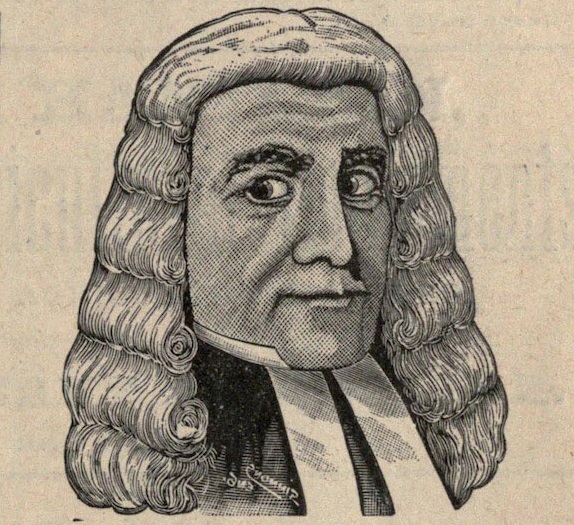By Tyler Cooper, FTC senior researcher
In Federalist No. 79, Alexander Hamilton wrote, “[C]onsider how few [judges] there are who outlive [their] intellectual vigor, and how improbable it is that any considerable portion of the bench, whether more or less numerous, should be in such a situation at the same time. […] The dismiss[al] of men from stations in which they have served their country long and usefully, on which they depend for subsistence, and from which it will be too late to resort to any other occupation for a livelihood, ought to have some better apology to humanity than is to be found in the imaginary danger of a superannuated bench.”
Oops.
 Alexander Hamilton’s “imaginary danger” in 1788 has become our dangerous reality in 2020. The average age of active and senior judges is almost 69 now. According to the Federal Judicial Center, by the end of 2020 about 66% of all federal judges will be 65 or older, 33% will be 75 or older, and just over 11% will be 85 or older.
Alexander Hamilton’s “imaginary danger” in 1788 has become our dangerous reality in 2020. The average age of active and senior judges is almost 69 now. According to the Federal Judicial Center, by the end of 2020 about 66% of all federal judges will be 65 or older, 33% will be 75 or older, and just over 11% will be 85 or older.
As we seem to continue ever along a glide path toward increasing gerontocracy, correspondingly, there have been questions put to how the judiciary can contend with the advanced and advancing age of many judges comprising its ranks.
Currently there is no universalized and systematic approach to contending with the consequences of lifetime appointments, with often only an informal and ad hoc array of systems in place to identify and assist the individuals who choose to remain in power through decline. There is much universal across geography about the human aging process, and the judiciary does a disservice to its members, and the populations its members serve, by not taking that fact more seriously.
Some judges in a recent ABA Journal piece titled “How Can Aging Judges Know When It’s Time to Hang Up the Robe?” suggest that local systems can better fit local populations. But there is no reason that both universal support structures and local support structures cannot be made to coexist peaceably—in fact, they could be designed in a way that could even multiply and build off of each other’s benefits and successes.
As Hamilton wrote in Federalist No. 78, the judiciary “may truly be said to have neither FORCE nor WILL, but merely judgment.”
The judiciary should be doing all it can to protect the health of those making those judgements as they serve increasingly interminable tenures through advanced and advancing ages.
